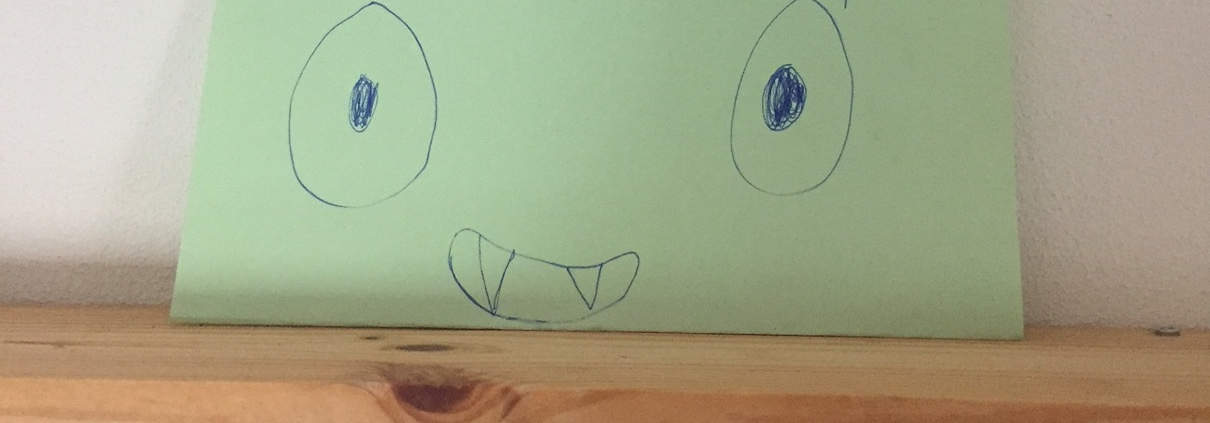Who is Till Eulenspiegel?
Vanity is the preserving principle in the higher human being,
in the lower the destroying principle.
Christian Friedrich Hebbel
In Tennessee Williams I once read that vanity is a question of honor.
Indeed, the question of vanity is an interesting one, because we humans almost all and constantly have to deal with subtle and less subtle vanities. I myself now openly confess to vanity. I think you have to learn to smirk at your own vanities and you have to learn to stay on track with them. At least I always thought of myself as so vain that it was always important to me that people didn’t see my vanity too much. So I would pretend to be modest and unpretentious from time to time. Modesty is something one prefers to adorn oneself with – probably out of pure vanity. In dealing with vanity, I can recommend the profound treatise On the Stages of Humility and Pride by Bernard of Clairvaux. And, of course, the BBC’s film version of Pride and Prejudice.
When I think about vanity today, I think that vanity must actually also be something quite beautiful if it is accompanied by wisdom and also by a sincere form of humility. Then I think of the mirror, as a symbol of vanity and self-knowledge. And I think of the owl, as a symbol of wisdom. And then I think of Till Eulenspiegel, the jester, the roving rogue, the trickster. But owl and mirror had even more meanings throughout history than that of wisdom and self-knowledge. Thus, while the owl stood for wisdom among the Greeks, it was considered a bird of the devil in the Middle Ages. The mirror as a tribute to the fool is considered to be a further development of the marotte, a doll in the same image or a stick with the head of a doll, which the fool carries with him as a sign of self-absorption. In the Middle Ages, the mirror was considered capable of blinding man and making him blind to God; the jester therefore appears as a denier of God. As a denier of the divine, the jester is close to death, and so in some illustrations a skull grins at him from the mirror instead of his own face. As a jester’s mirror at court, the mirror then again has a positive meaning, because here the jester likes to show the prince and the world the useful criticism of his own shortcomings through his speeches. Startling contrasts.



